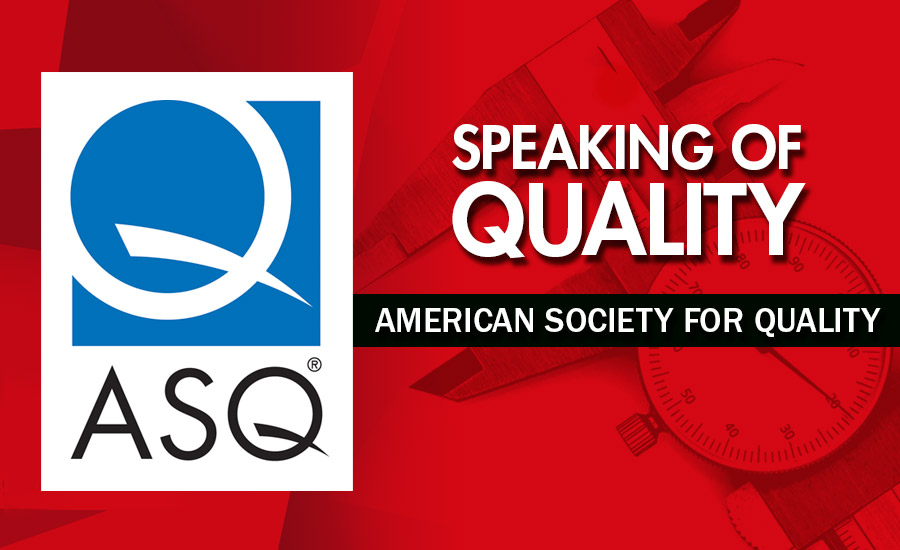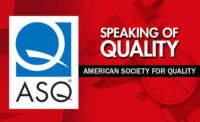Several years ago I was inspecting some parts on a small surface plate in the quality lab. Gathered around a larger surface plate a few feet away was an assortment of engineers, supervisors, leads persons, and probably an inspector or two. In the center of the large plate were a part, a print, and a programmable height gage. The group was in deep discussion about what was wrong with the part on the plate. I heard something like this:
“It’s too long.”
“No, the hole is in the wrong location.”
“It can’t be that! That wouldn’t cause the problem.”
“It must be the distance between the holes.”
This type of banter went on for nearly 30 minutes without producing a solution.
“Excuse me,” I said and elbowed my way up to the plate. I opened and studied the print, aligned the part per the datum scheme, and started measuring the part with the height gage. My actions were met with skepticism.
“What you’re measuring isn’t the problem.”
The first dimension was within specification. I proceeded to the next dimension. It was also acceptable.
“You don’t understand what’s wrong.”
I measured the third feature, the fourth, and so on, while receiving group discouragement. After two minutes of measuring, I found a dimension out of specification. “This feature is out of spec,” I announced.
“That doesn’t matter at all, that wouldn’t cause the problem.”
“You know, that might be the problem now that I think about it.”
“No, that’s not it … well ... uh, maybe?”
“Yes, it has to be that!”
“It couldn’t be anything else.”
“Good job, Dale!”
The words may have been different, but it really happened like that. Two minutes of measurement ended 30 minutes of discussion. The company spent $80 for eight people to talk for 30 minutes (approximately $20/hour/person). One inspector solved the problem in two minutes for 50 cents—with measurement.
Since then I have witnessed similar scenarios many times. I guess I’m kind of nerdy, but I actually find it fun to measure things accurately. Each time I feel a pleasant sense of accomplishment.
But measurement is more than that. It is the lifeblood of the quality system. If you can’t measure it, you can’t improve it. Do you really know the products you’re shipping are good? Are you positive the parts being scrapped are bad? If you want to be sure, don’t guess; don’t wait for a customer complaint. Be proactive and measure it!
The key to proper measurement is trained inspectors. To make sure your inspectors have the skills necessary to properly measure your products, invest in their training. ASQ’s Certified Quality Inspector (CQI) Body of Knowledge (BoK) is a great resource. This well-rounded list of subjects has been compiled by inspectors from many industries and is useful to all manufacturers. By investing in CQI training, you can offer your inspectors the tools and skills needed to ensure consistent quality.
A CQI is valuable to both engineering (in the planning stages) and production (at the in-process stage) team members for problem solving and determining the print specifications necessary to achieve proper end results. Prominent in the CQI BoK is basic knowledge of blueprint reading and interpretation. In communicating this information to suppliers and customers—both internal and external—an inspector becomes invaluable to both engineering and production.
Instead of listening to others discuss what is wrong, your CQIs can take the lead and quickly prove what is wrong.
Perhaps you are an inspector but not a CQI. It is true that having a CQI on your lab wall won’t by itself make you a better inspector. But the ASQ Quality Progress Salary Survey has consistently shown that having the certification will give you an advantage in being hired or promoted over someone without it. Being a CQI and a Certified Quality Technician (CQT) has kept me working through some major economic downturns.
Passing the exam is no piece of cake. You will have to study a broad range of subjects and topics, but with each moment of studying, you will be enriching yourself with knowledge that will only help your career. Passing the exam is a great accomplishment that will pay for itself over and over again.
Go ahead and take the plunge. You won’t be sorry.


